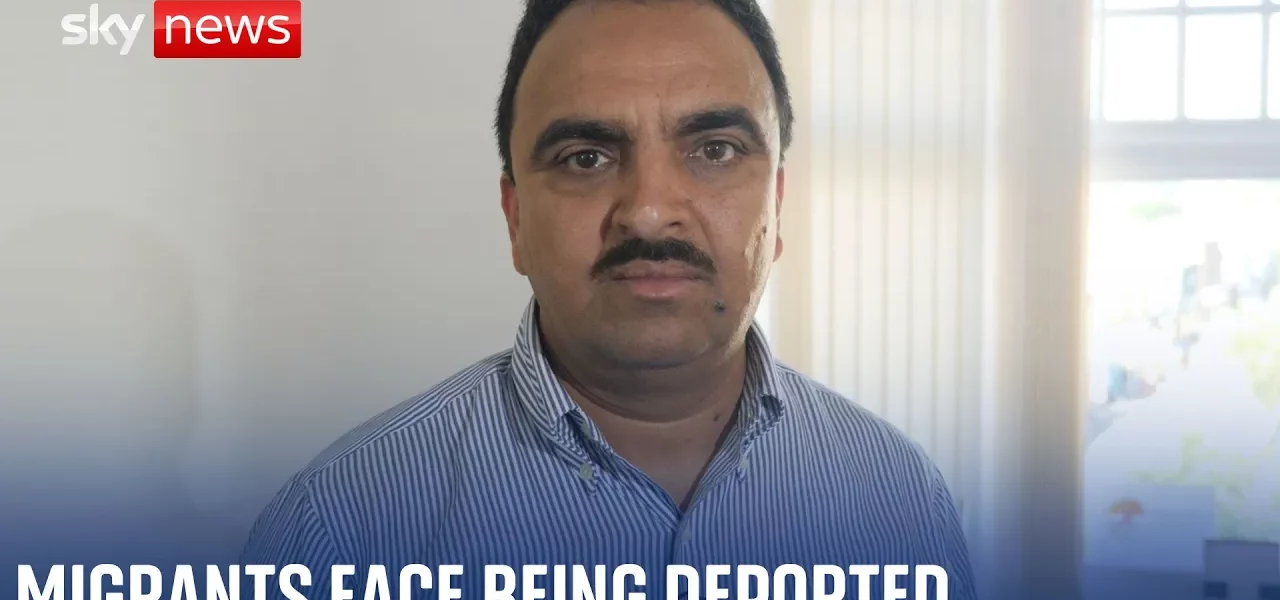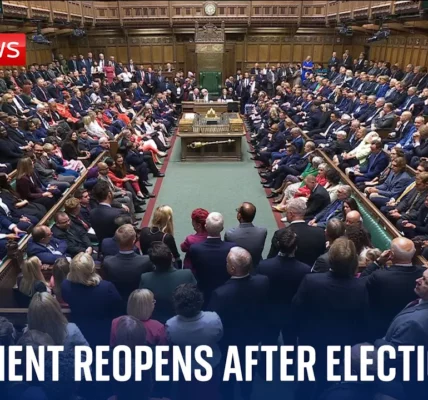Muhammad and His Family’s Struggle After Moving to Brighton

Muhammad, along with his family, left Pakistan for Brighton with dreams of a better life and employment opportunities. However, their hopes are now overshadowed by uncertainty and legal challenges stemming from the loss of their sponsorship. This article delves into their plight and the broader implications for migrant workers in the UK.
Introduction
Muhammad’s journey from Pakistan to Brighton was motivated by the promise of a stable job as a carer, which he envisioned as the start of a new life filled with opportunities for his family. Unfortunately, the reality has turned out to be vastly different. After arriving in the UK, Muhammad faced a series of challenges that not only jeopardized his family’s future but also reflected larger systemic issues within the migrant worker sponsorship framework in the UK. This article provides an in-depth look at Muhammad’s story, the issues surrounding Renaissance Personnel, and the implications for many other foreign workers in a similar situation.
The Promised Job and the Reality of Sponsorship
Muhammad’s journey began with high hopes. He paid over £19,000 to an agent for visa documents and a job offer from Renaissance Personnel. However, upon arrival, he found that the promised job as a carer was non-existent. This section explores the intricacies of sponsorship and the emotional toll of broken promises.
The Cost of Migration
For many migrants like Muhammad, the financial burden of moving to a new country can be immense. The upfront costs often include:
- Agent fees for visa processing
- Travel expenses
- Initial accommodation costs
- Living expenses until employment begins
This financial pressure can lead to desperation, especially when employment opportunities do not materialize as expected.
Impact of Losing Sponsorship
The revocation of Renaissance’s license to sponsor foreign workers has left Muhammad and many others in a precarious situation. Without valid sponsorship, they face the threat of illegal residency in the UK. This not only impacts their legal status but also creates fear and anxiety about their futures.
The Struggles of Foreign Workers
Muhammad is not alone in his plight. Many foreign workers recruited by Renaissance have faced similar challenges. This section highlights the broader issues affecting this community.
Job Insecurity and Financial Strain
Due to the loss of the sponsorship license, many workers report a significant reduction in job offers and shifts. For example:
- Muhammad stated he only worked a few days in June and received no income since.
- Another worker, Fajer, reported barely being given any shifts since arriving over a year ago.
This lack of work has led to severe financial strain, making it impossible for them to pay back the debts incurred during the migration process.
Desperation Among Workers
As the situation worsens, desperation grows. Some workers have resorted to subpar alternatives:
- Taking cash jobs under the table
- Living in fear of being discovered as illegal residents
- Potentially engaging in illicit activities to survive
This reality highlights the urgent need for solutions and support for these vulnerable individuals.
The Role of Local Authorities and the Home Office
The Brighton and Hove Council’s response to the crisis has been to pause new referrals to Renaissance while reviewing potential risks to the vulnerable populations they serve. This section discusses the implications of this response.
Risks to Vulnerable Populations
With the potential for reduced staffing levels, there are serious concerns regarding care for vulnerable individuals. Key points include:
- Lack of trained staff to provide necessary care services
- Risks associated with unqualified personnel taking over responsibilities
Home Office Accountability
Questions have been raised regarding the Home Office’s oversight in allowing Renaissance to sponsor such a large number of workers without ensuring they had adequate work to provide. The new government’s commitment to support care workers transitioning to alternative jobs is a step forward, but for many, it may be too late.
Conclusion
Muhammad’s story is a reflection of the struggles faced by many migrant workers in the UK today. The loss of sponsorship and job security has thrust him and his family into a state of uncertainty, highlighting systemic issues within the immigration and labor sponsorship system. As local authorities and the Home Office grapple with these challenges, it is imperative that support systems are put in place for those caught in the crossfire. If you are in a similar situation or know someone who is, it’s crucial to seek advice and explore potential pathways to secure legal status and employment. Together, we can advocate for change and support those in need.
“`




